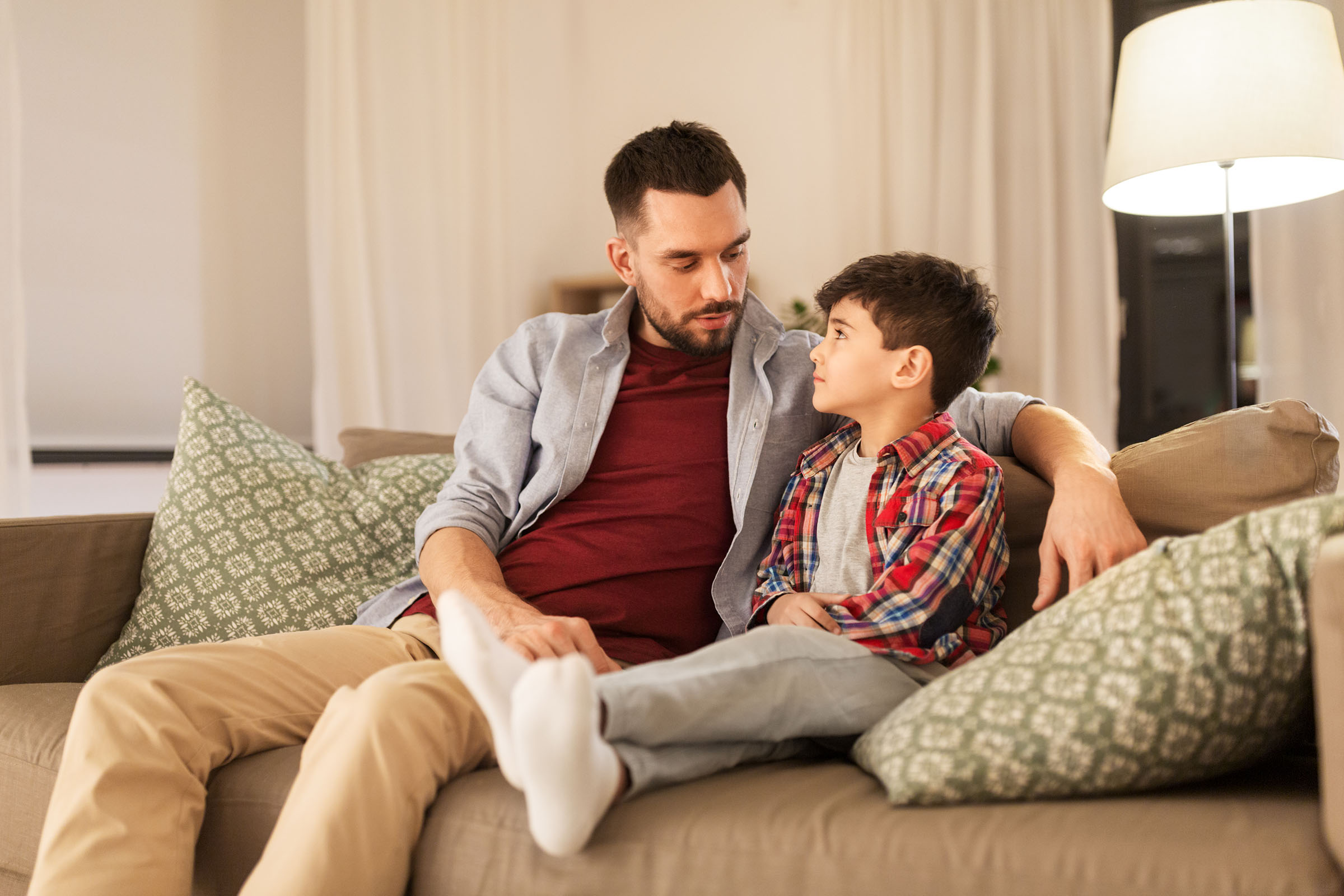Parenting with Natural Consequences
Wednesday, June 22, 2022
Parenting is tough, even under the best circumstances. Helping children learn the skill of making decisions can be hard, too.
As parents, you get tired of always telling your children what to do. In fact, it
can become overwhelming, said Katey Masri, coordinator for Oklahoma State University Extension’s Co-Parenting for Resilience program.
 “Overprotective parents, although well-meaning, often prevent their children from
learning how to bounce back from failure or how to learn to make better choices down
the road,” Masri said. “It’s hard, but letting your children experience the natural
consequences of their actions teaches them how to make good choices and be responsible.”
“Overprotective parents, although well-meaning, often prevent their children from
learning how to bounce back from failure or how to learn to make better choices down
the road,” Masri said. “It’s hard, but letting your children experience the natural
consequences of their actions teaches them how to make good choices and be responsible.”
It’s important for children to learn they are responsible for their choices. Parents
are encouraged to step back and let children experience the consequences. In addition,
parents should take the time after the fact to discuss with the child why that consequence
occurred and what they need to do differently next time if they want a different outcome.
For example:
- Despite being reminded, a child doesn’t bring their clothes to the laundry room to be washed. As a result, their baseball uniform is dirty on game day.
- The child is told to put his toys away so the younger sibling can’t break them. The toys get left out and a favorite toy is broken.
- A child leaves their homework on the table instead of putting it in their backpack for school the next day. The following morning the child leaves for school without the homework. Late assignments aren’t accepted.
Things to keep in mind when using natural consequences:
- Is the consequence safe?
- Is the consequence age appropriate?
- Be firm in the consequence.
- Use empathy.
- Help the child problem solve and set limits.
- Praise the child when they make good choices.
If a consequence isn’t safe, it’s clearly the parent’s responsibility to intervene and protect the child. Also, parents need to determine if they’re willing to allow the consequences to occur.
“You may not be willing to let your child play outside in the mud while wearing their
dress shoes,” Masri said. “Keep the child’s age in mind, too. Children younger than
3 years old have a harder time understanding the consequences of their actions. As
long as the consequence is safe and you’re willing to let it occur, don’t rush in
and save the day by intervening.”
Using natural consequences is an effective way to help children learn how to make
healthy choices and ultimately become responsible adults. Research indicates natural
consequences are related to healthier child development and decreased parent/child
power struggles.
“The price your child pays today to learn about commitment, decision making, responsibility
and relationships is cheaper now than at any other times in their lives,” she said.
